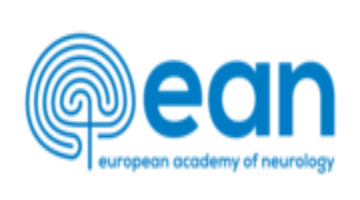
Contact:
Dr. Birgit Kofler
Phone: +43-1-3194378
E-Mail: kofler@bkkommunikation.com
- health treatment
- medical research
- neurology
- health
- medicine
- EAN
| Pressbox |
Lisbon (ptp009/17.06.2018/09:20) - 934 individuals affected by multiple sclerosis (MS) from seven European countries played an instrumental part in developing a new guideline of the European Academy of Neurology (EAN) on palliative care for people with severe MS. "There were 751 MS patients and 183 caregiver relatives involved," Prof Sascha Köpke (Lübeck) reported at the 4th Congress of the European Academy of Neurology (EAN) in Lisbon.
With the involvement of patients and their families in a new guideline, the EAN is emphasizing shared decision-making as an increasingly important concept that underscores patient autonomy and promotes the individualization of diagnosis and therapy. According to this approach, patients and physicians undergo a detailed consultation and then determine the medical treatment to be chosen. The European Academy of Neurology has supported this patient-centred approach for a long time, which is becoming increasingly established in other areas of the medical field as well.
Prof Köpke: "It was resource and time intensive to include consumers in the guideline process but also highly rewarding. Patients and caregivers really helped us to formulate the guideline in a way that was in line with actual practice and their own needs. We were able to see clearly which of our ideas met with approval or rejection." The comments were also instructive for the group of EAN experts. They raised new aspects as well as sensitive issues that had initially been left out of the first draft.
Online survey and focus groups
Two approaches were chosen to ensure that consumers would participate, Prof Köpke explained: "First, there was an international online survey launched by national MS societies following a trial run involving 20 patients and 18 caregivers. Second, we invited MS patients and caregiver relatives to focus group meetings." The majority of participants approved the topics proposed by the EAN group of experts. About 98 percent agreed to incorporate the subject of multidisciplinary rehabilitation in the guideline. There were 569 free comments, of which 182 (32 percent) pertained to the specified topics. 227 comments (40 percent) addressed additional topics, of which 16 were pertinent to the guideline. Five of the focus group meetings (three with MS patients, two with caregivers, a total of 35 participants) corroborated the results of the online survey and helped to work out important issues for the individuals affected by Prof Köpke: "The involvement of patients and caregivers increases the reliability and relevance of the guideline for clinical practice."
Source: Abstract 4th EAN Congress Lisbon: EPR3123 S. Köpke et al: Consumer involvement in formulation of the questions to be answered: Findings from the EAN Guideline on Palliative Care of People with Severe Multiple Sclerosis
(end)
|
 |










